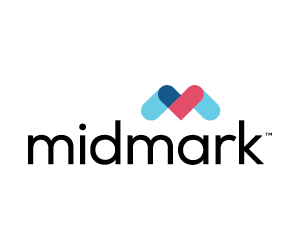Considering when to refer
Recommending and providing optimal dental treatment recommendations for your patients sometimes includes recognizing when they should be referred to a specialist. This should be done when the capabilities of the provider, expectations of the client, or anesthetic management concerns exceed the comfort level of the primary care veterinarian. Referral to a veterinary dental specialist or practitioner with advanced dental training, expertise, or equipment is advisable if the dental procedure requires skills and expertise beyond the level of capabilities of the primary care veterinarian. Veterinary dental specialists often have experience managing high-risk dental patients. Referral may be preferable if the client expresses the desire for a higher level of care that may exceed the capabilities of the primary care veterinarian. Even though the primary care veterinarian may possess the procedural dentistry skills necessary to treat oral pathology, referral to a practice with a veterinary anesthesiologist may be beneficial to address anesthetic risk factors and comorbidities. Additionally, such referral practices may include access to other individuals with expertise in managing patients with underlying comorbidities that jeopardize the safety of the anesthetic event, especially involving patients with cardiac disease, chronic renal disease, diabetes, or hyperadrenocorticism.







